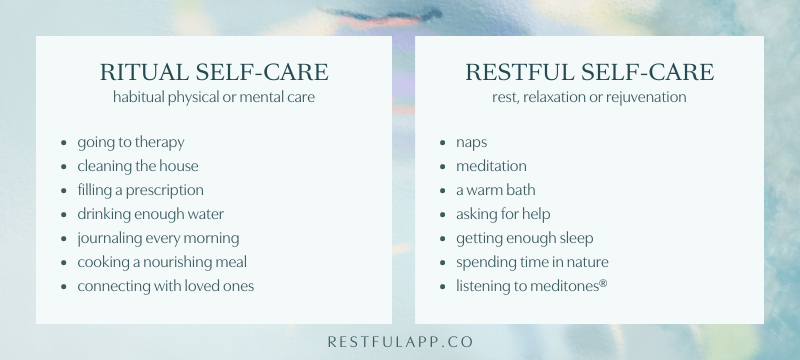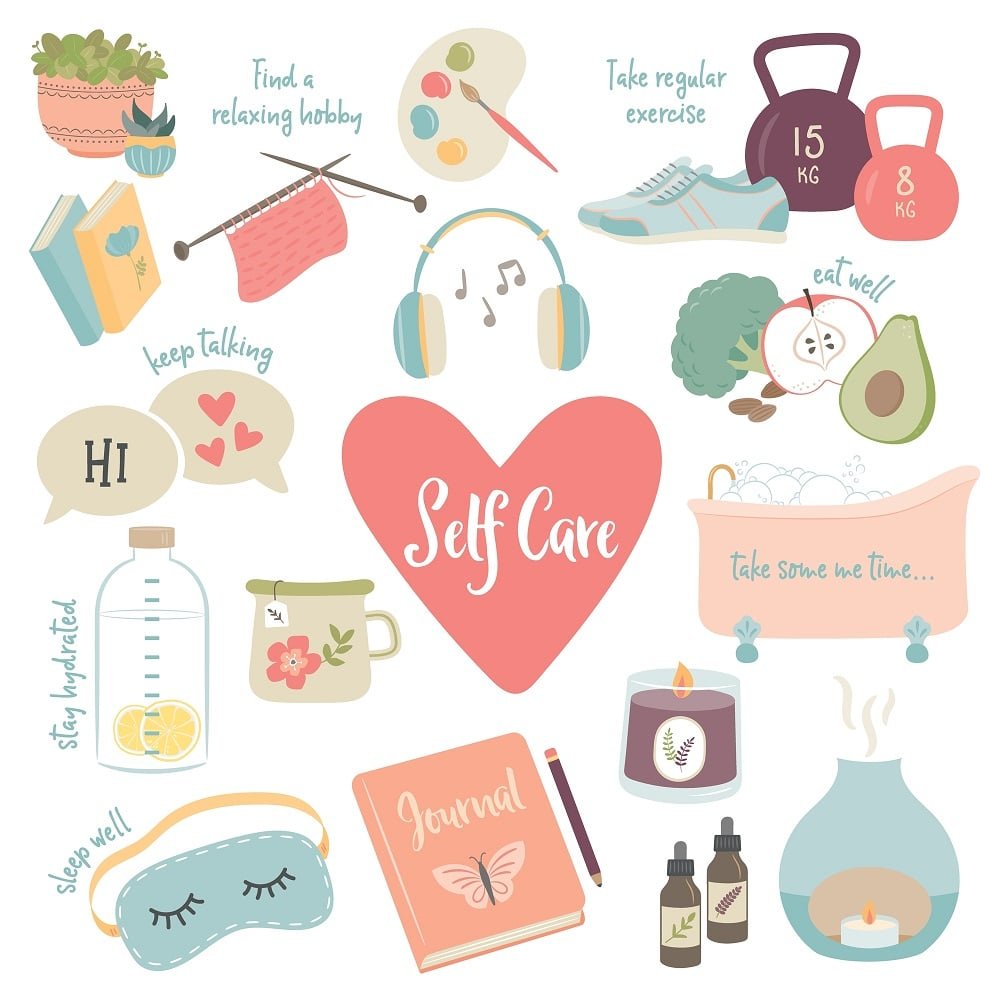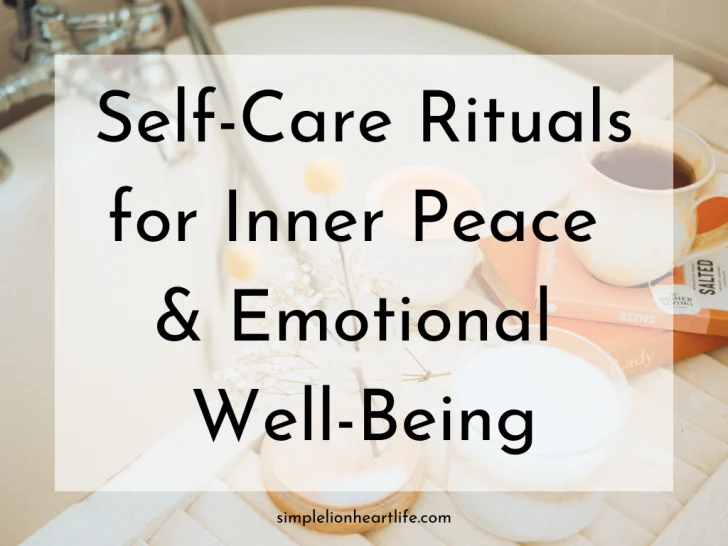Fitness and Movement: Two Sides of the Same Coin
Fitness and movement are deeply interconnected. At its core, movement refers to any bodily action produced by skeletal muscles that results in energy expenditure—whether it’s walking, stretching, or even fidgeting. Fitness, on the other hand, is the state of health and well-being that results from engaging in regular movement and physical activity.
While all movement contributes to fitness, exercise is a specific, structured form of movement. It is planned, repetitive, and intentional, designed to improve or maintain physical fitness across various components such as strength, endurance, flexibility, and balance.
In other words, movement is the foundation, and exercise is a tool we use to enhance specific aspects of our physical fitness. By incorporating both intentional exercise and everyday movement—from taking the stairs to dancing around the house—we can build a holistic, sustainable approach to wellness that supports both body and mind.

Movement refers to any physical action performed by the body that engages the skeletal muscles and expends energy. It is the most basic form of physical activity and includes everything from simple, everyday actions to more structured exercise routines.
Examples:
Movement is all around us, woven into the fabric of daily life. Some common examples include:
- Walking to the market
- Climbing stairs instead of taking the elevator
- Gardening or cleaning the house
- Playing with children
- Dancing in your living room
Why is Movement Important?
Regular movement is essential for maintaining a healthy body and mind. It:
✅ Boosts circulation and energy levels
✅ Helps prevent the negative effects of a sedentary lifestyle
✅ Supports joint flexibility and muscle function
✅ Enhances mood and mental clarity
✅ Contributes to long-term health and well-being
Remember: Movement doesn’t have to be intense or structured—every step counts towards a more vibrant, healthier you!
What is Fitness?
Definition:
Fitness is the ability of the body to perform daily activities effectively and efficiently, with minimal fatigue and enough energy for both work and leisure.
Key Components of Fitness:
True fitness goes beyond just looking fit—it’s about overall well-being across multiple dimensions:
💓 Cardiovascular Endurance
The ability of the heart and lungs to deliver oxygen to the muscles during sustained physical activity.
💪 Muscular Strength
The maximum amount of force a muscle or group of muscles can exert.
🔁 Muscular Endurance
The ability of a muscle to sustain repeated contractions or hold a position over time.
🧘♀️ Flexibility
The range of motion available at a joint or group of joints.
⚖️ Body Composition
The proportion of muscle, bone, fat, and other tissues in the body. A healthy balance supports overall wellness.
The Connection Between Fitness and Movement
Movement is the foundation of fitness.
- Every form of physical activity, from walking to strength training, contributes to overall fitness.
- Regular movement improves cardiovascular health, builds strength, enhances flexibility, and supports healthy body composition.
- Together, movement and fitness empower us to live vibrant, energetic li
Self-Care & Rituals

🌸 Self-Care Rituals for Women
Self-care isn’t just about indulgence—it’s about nourishing your body, mind, and soul. For women, self-care can be both a foundation for wellness and a celebration of self-love.
Here are some essential self-care rituals that support your physical, mental, and emotional well-being:

🌿 Physical Self-Care
Taking care of your body lays the groundwork for energy and vitality:
- Prioritize adequate sleep—aim for 7-9 hours each night
- Nourish yourself with a balanced, healthy diet
- Move your body daily—whether it’s a walk, yoga, or strength training
- Hydrate and take time to rest when needed

🌙 Mental Self-Care
Your mind needs care and space to thrive:
- Set healthy boundaries in relationships and work
- Journaling to process thoughts and feelings
- Mindfulness practices like meditation or breathwork
- Limit screen time and engage in hobbies that spark joy
💗 Emotional Self-Care
Honor your emotions and give yourself grace:
- Take a relaxing bath with candles and soothing music
- Connect with loved ones or spend time in nature
- Practice gratitude—write down 3 things you’re thankful for daily
- Indulge in small pleasures, like reading a book or enjoying a cup of tea
🌷 Remember: Self-care is not selfish—it’s a way of replenishing your energy so you can show up fully for yourself and others. Even the simplest rituals, when done consistently, can make a profound impact on your well-being.
Mental Health & Emotional Wellness
1️⃣ Coping Strategies for Anxiety and Burnout
- Breathe deeply – Practice box breathing or the 4-7-8 technique.
- Take mindful breaks – Step away from screens, stretch, or go for a walk.
- Simplify your to-do list – Prioritize and delegate tasks.
- Stay connected – Reach out to friends, family, or support groups.
- Nourish your body – Eat well, hydrate, and get enough sleep.
2️⃣ Journaling Prompts for Self-Reflection
- What am I feeling right now, and why?
- What is one thing I’m grateful for today?
- What brings me joy, and how can I create more of it?
- What is one challenge I’ve overcome recently, and what did I learn?
- What do I need to let go of to feel lighter and freer?
3️⃣ Building Resilience in Challenging Times
- Shift your mindset – See setbacks as opportunities to learn.
- Celebrate small wins – Every step forward matters.
- Create a self-care toolkit – Include things that help you feel grounded (music, meditation, a walk in nature).
- Maintain a routine – Structure brings stability in uncertain times.
- Ask for help – Resilience is strengthened by community, not isolation.
4️⃣ The Importance of Therapy and Seeking Support
- Therapy provides a safe space to explore emotions, process challenges, and build coping skills.
- Mental health is health – Seeking therapy is a sign of strength, not weakness.
- Support groups and communities can offer connection, understanding, and shared wisdom.
- Don’t wait for a crisis—prioritize your mental health proactively.
Wellness in Career & Finances
Balancing career ambitions with financial stability is key to overall well-being. Here’s how to cultivate wellness in both areas:
🌿 Wellness in Your Career
✨ Set Healthy Boundaries
- Learn to say no when needed
- Avoid overcommitting and burnout
- Create a dedicated workspace if working remotely
✨ Manage Stress at Work
- Take regular breaks to recharge
- Practice mindfulness during the day (deep breathing, gratitude moments)
- Celebrate small achievements
✨ Align Your Career with Your Values
- Reflect on what truly matters to you
- Seek roles and projects that inspire growth and purpose
- Be open to career pivots for greater fulfillment
✨ Prioritize Work-Life Balance
- Set clear work hours and stick to them
- Make time for hobbies and loved ones
- Remember: You are more than your job
💰 Wellness in Your Finances
✨ Financial Self-Care
- Create a monthly budget to track spending
- Build an emergency fund (aim for 3–6 months of expenses)
- Automate savings for stress-free growth
✨ Empower Yourself Financially
- Educate yourself on investing basics
- Understand the difference between wants and needs
- Prioritize paying down high-interest debt
✨ Mindful Spending
- Align spending with your values (conscious consumerism)
- Avoid impulsive purchases; practice the 24-hour rule
- Invest in experiences that enrich your life
✨ Plan for the Future
- Set long-term financial goals (retirement, buying a home, etc.)
- Consider professional advice if needed (financial planner, coach)
- Remember: Financial wellness is a journey, not a destination
🌸 The Connection Between Career, Finances, and Well-Being
Your career and finances can impact mental and emotional health. By creating a balanced approach, you reduce stress and gain more freedom to focus on what truly matters: your health, relationships, and personal growth

